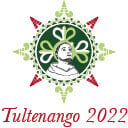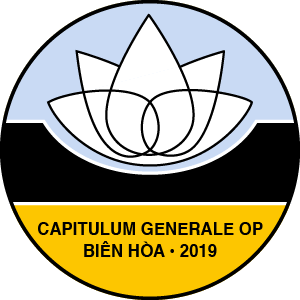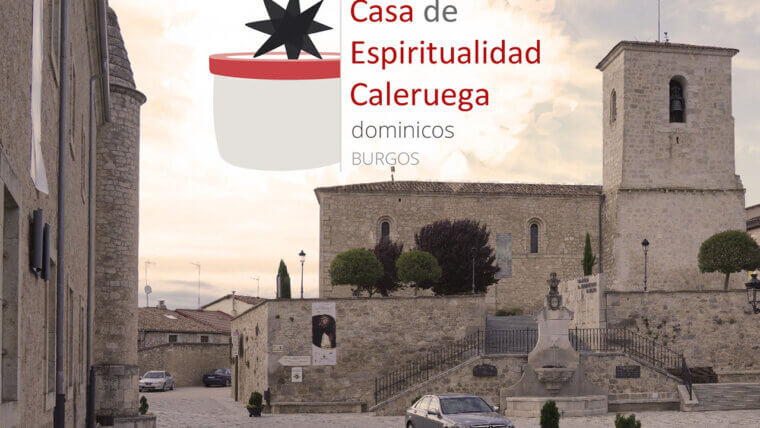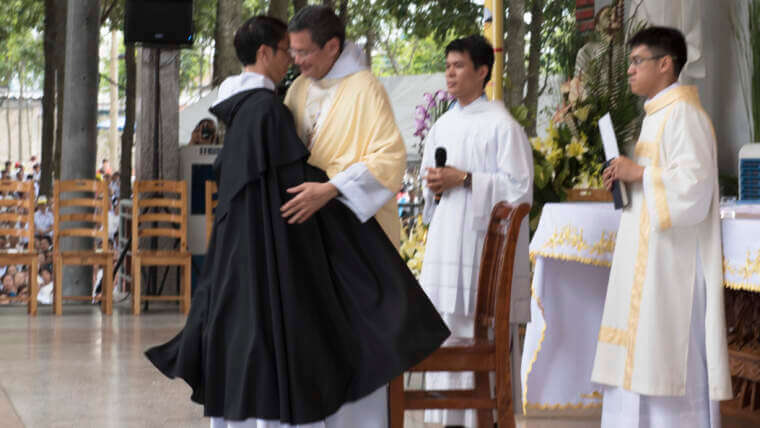13 Mars 2020

Le 6 mars dernier, une délégation de l’École biblique de Jérusalem était reçue à l’Institut de France par l’Académie des Inscriptions et Belles-Lettres (AIBL) dans le cadre de la célébration du centenaire de la reconnaissance de l’École comme École archéologique française. Rendre compte et transmettre « Le goût de l’Orient », telle était la thématique de la journée. Le colloque de la matinée a laissé place à la séance hebdomadaire de l’Académie dans l’après-midi.
La journée a été introduite par M. Michel Zink, Secrétaire perpétuel de l’AIBL le Fr. Jean Jacques Pérennès o.p., directeur de l’EBAF, et Mme Odile Flichy, vice-présidente de l’Association des Amis de l’EBAF.
Dominique Trimbur, chercheur associé au CRFJ, a ensuite présenté le contexte historique de la création et de la reconnaissance institutionnelle de l’École biblique de Jérusalem comme Ecole archéologique française en 1920, au début du mandat britannique sur la Palestine.
Une table-ronde, animée par Mme Estelle Villeneuve, archéologue de l’Université de Nanterre, a ensuite réuni six anciens élèves de l’EBAF, boursiers de l’Académie : Mme Claire Balandier, archéologue, M. Philippe Abrahami, assyriologue, M. Guillaume Bady, patrologue, M. Kevin Tréhuedic, historien, M. Matthieu Richelle, épigraphiste, et Mme Mathilde Boudier, doctorante en histoire médiévale. À tour de rôle, chacun et chacune a exposé le bienfait qu’il a tiré de ce passage à l’EBAF, aux plans intellectuel, humain, spirituel. Les intervenants ont particulièrement souligné la richesse de ces années passées au contact du pays de la Bible et des dominicains de Jérusalem et la marque intellectuelle et humaine que cela a laissé et qui les porte aujourd’hui encore.

Mr. Michael Langlois, a researcher associated with the CRFJ and an auxiliary of the Académie, closed this morning with a talk that underlined the link between Orientalism and biblical studies since the foundation of the École Biblique.
In the afternoon, Fr. Jean-Baptiste Humbert OP, archaeologist, professor emeritus at the EBAF and associate member of the AIBL, presented “some reflections on a century of collaboration”, before giving way to Fr. Jean Jacques Pérennès OP, whose talk was entitled, “The Biblical School in 2020: from the intuitions of Lagrange to the challenges of today” (originaly, in French : « L’École biblique en 2020 : des intuitions de Lagrange aux défis d’aujourd’hui »). Times have changed since its founding, but the EBAF remains convinced, like Lagrange, of the importance of studying the Bible in the land of the Bible. But it does so today in partnership with many universities and research centres throughout the world—and it is enriched by this collaboration. This is bearing fruit despite the vagaries of history, which, as in Lagrange’s time, sometimes fluctuate greatly.
The day ended with a presentation of Mélanges d’assyriologie to Fr. Marcel Sigrist OP, in homage to his scientific work and as a sign of gratitude for his selfless dedication to the service of the School for four decades.
Throughout the day, esteem and cordiality were palpable between the Dominicans of Jerusalem and the scholars who make up the Academy, as well as its former scholarship holders — a centenary celebration that had a taste of the future.
To read La Croix‘s article, click here.
To view the interview with Fr. Jean Jacques Pérennès OP in the KTO TV programme “À la source”, click here.








